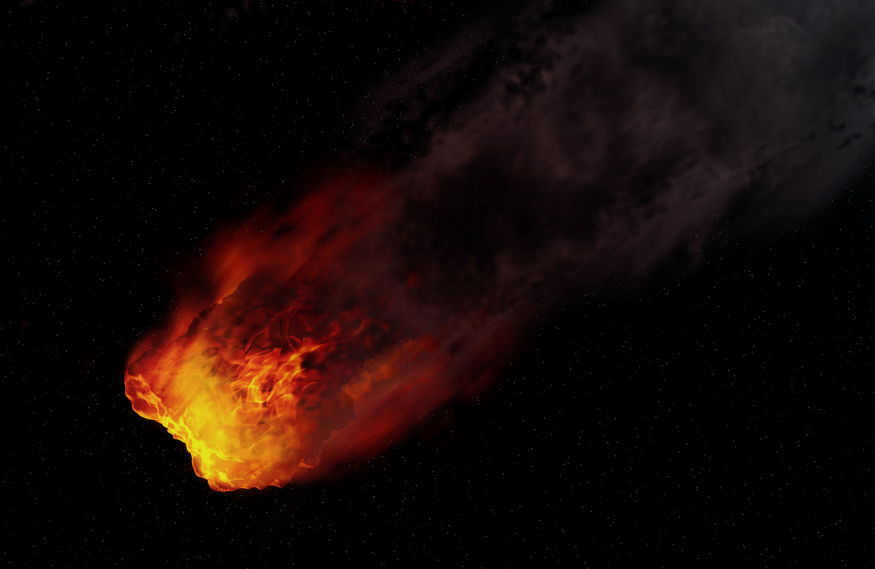A meteor exploded over Israel's atmosphere over the weekend, wherein its passage and blast were heard by several residents in the northern part of the nation, according to Israeli space authorities.
There were no immediate reports of casualties or damage from the event.
The celestial object was considered by authorities as a "bolide," due to the exceptional bright light emitted by the meteor.
Israel Meteor Explosion

The Israeli Astronomical Association (IAA), along with other experts, stated the unusually bright meteor exploded in the atmosphere above northern Israel on Saturday, April 15, resulting in an air burst hear across the country, as cited by The Jerusalem Post.
IAA Chairman Igal Patel said based on evidence, the meteor made an impact somewhere in the northeastern part of the country a little after 5:00 p.m. local time.
Israeli experts the meteor bolide was visible over Israel on Saturday afternoon, with a number of observers reporting they have heard a large explosion following the sighting, as cited by The Times of Israel.
IAA reportedly confirmed it received information the bolide was visible for only several seconds over the central and northern parts of the nation, moving in a northeastward pattern.
The explosion heard during the event could be caused by a relatively large rock and its composition, as explained by the astronomical organization, which asserted a visible bolide above Israel is a rare occurrence compared in other parts of the world.
Meteor Strike Witnesses
The IAA also said witnesses of the meteor strike saw the bright fireball in Israeli skies visible not only from the center of the country but was also likely observed in other parts of the country.
The luminance of the bolide was strong it was seen even during daylight hours.
A subject matter expert named Hagai Perets, a professor of physics and astrophysics at Technion University in Haifa, Israel, described the event was both "unusual and usual" since Earth has meteorites coming every day, as reported by i24 News English.
However, Perets said Saturday's fireball was a bigger one and created a sonic boom in the atmosphere when it entered our planet.
As a result, the said shooting star is considered a bolide since it was very bright, caused by air ions in the atmosphere and heating of the meteor's impact, even during the day.
Meteor Impact Phenomenon
Scientists estimate that approximately 48.5 tons of meteoritic material falls into the Earth each day, while the rest of the meteorite's body are being vaporized upon entering our planet's atmosphere, according to the National Aeronautics and Space Administration (NASA).
A meteor's impact depends on its size, speed, and material composition, as seen from related events in the past.
In 2013, a meteor explosion or meteor air burst over Russia led to the damage of thousands of buildings.
The event will be later known as the Chelyabinsk Event caused by the Chelyabinsk meteorite, which was named after it passed over the Russian city of Chelyabinsk.
© 2025 NatureWorldNews.com All rights reserved. Do not reproduce without permission.





